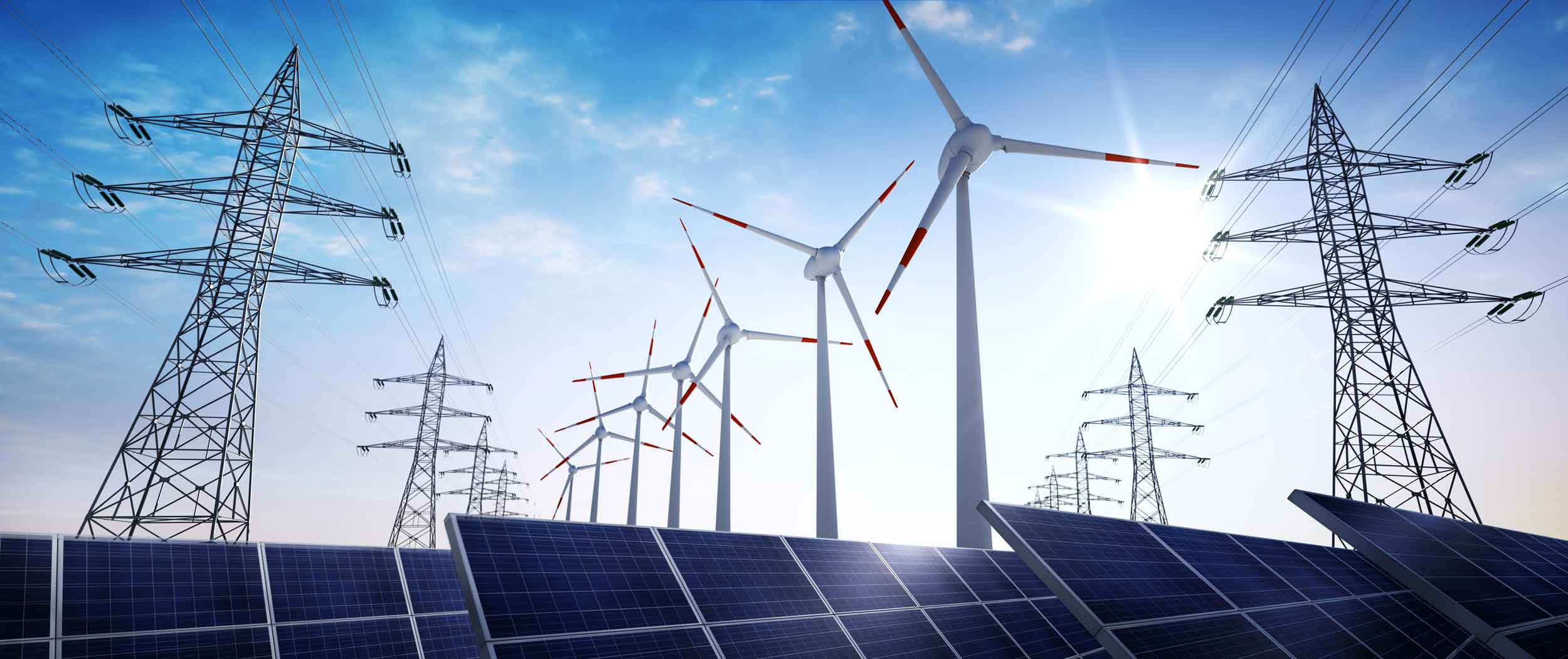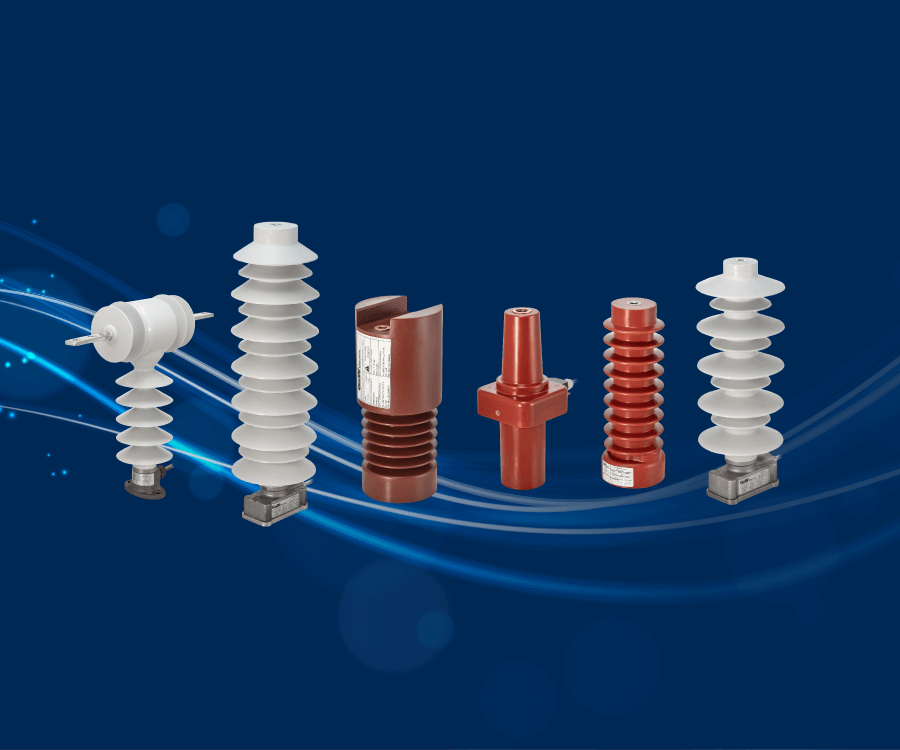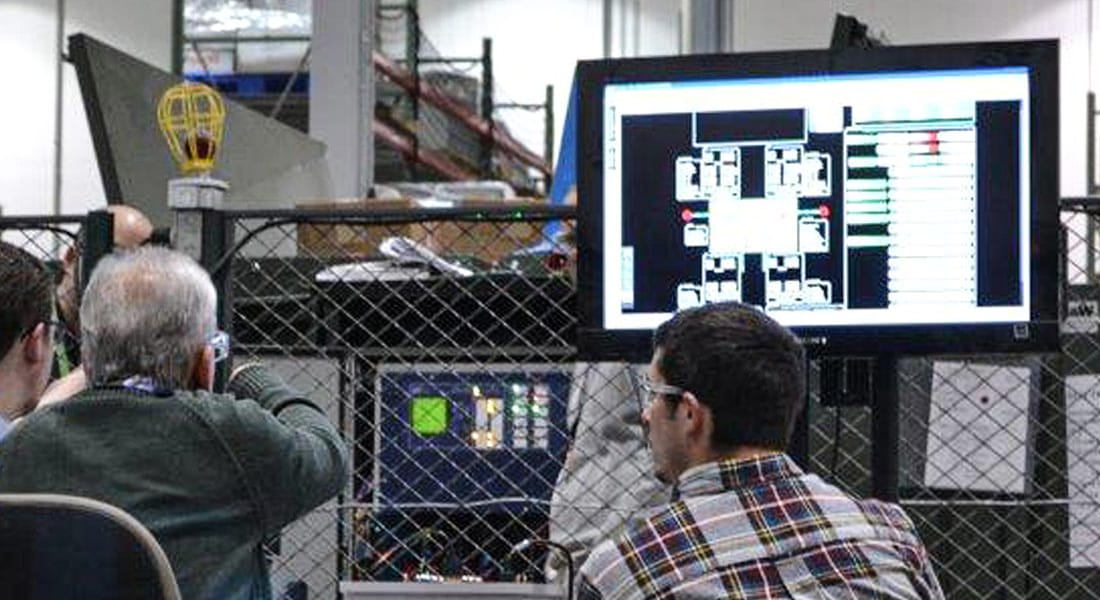
High Accuracy, High Precision Sensors – For Better Grid Control
G&W Electric’s patented Accusense® sensor technologies lead the industry in customizable, high precision, low power instrument transformers (LPITs), specifically current and voltage sensors, that manage the grid of today and tomorrow.
Highly Precise and Accurate Current and Voltage Sensors
The grid and industry are rapidly evolving with initiatives like distributed energy resources (DERs), microgrids, optimizing energy efficiency and resiliency, and more. G&W Electric’s patented sensor technology helps customers control power quality, monitoring, protection and measurement with accurate, real-time current and voltage intelligence for optimizing the grid’s power delivery and reliability. G&W Electric’s current sensing technology utilizes Rogowski coils that can measure a wide range of current analytics with high precision, from dynamic system loads to fault currents.
Versatility with one sensor for metering and protection applications
Safety with low energy outputs and galvanic isolation from primary
High accuracy up to 0.5 class over a wide temperature range
High frequency measurement bandwidth
Lightweight, compact size for easy installation and retrofits
Reliability with no ferroresonance
Sensors Designed for Your Needs

Power Quality & Monitoring
Today, the need for higher quality power is critically important. G&W Electric’s high accuracy current and voltage sensors have a wide, dynamic measurement range to quickly detect and remediate power quality issues. Our sensor technology allows them to respond to rapid changes in current and voltage, including high-frequency harmonics, with minimal distortion. This capability makes them suitable for monitoring harmonic content and other high frequency disturbances in distribution grids and assessing the impact on system performance.

Protection & Measurement
With the increasing integration of distributed energy resources (DERs) into the grid, continuous monitoring of current and voltage is critically important. Sensors play a crucial role in detecting and localizing faults within the distribution grid. Sudden changes in voltage levels or phase angles can indicate the presence of faults such as short circuits or line failures. Speed of response, high accuracy and reduced footprint, are added values that improve the overall performance of the platform.

Explore All Sensor Products
Our current and voltage sensors offer cover a wide range of applications from power quality analytics and monitoring to metering-class measurements and protection.
Frequently Asked Questions
Have more questions? View our comprehensive list of frequently asked questions about sensors.
What is a medium voltage sensor?
A medium voltage sensor is a device used to measure and monitor voltage levels in the medium voltage range, typically ranging from several hundred to several thousand volts. G&W have a quite wide portfolio of products rated from 7.5 kV up to 40.5 kV. Both active and passive type, for IEEE and IEC and covering indoor and outdoor applications
What is the difference between active and passive sensors?
An active sensor, uses an external power source to amplify the signal and make it available for the measurement system (relays); while a passive sensor transfer the measured quantity from the source to the measurement system without any amplification and without the need of an external power source.
How does a medium voltage sensor work?
Medium voltage sensors typically work by utilizing resistive or capacitive voltage dividersto reduce the primary voltage signal into a low-voltage proportional output, which can be easily measured and interpreted. G&W uses capacitive voltage dividers for voltage sensors. For the measure of the current, G&W use Rogowski coil technology.
What are the applications of medium voltage sensors?
Medium voltage sensors find applications in various industries, including power distribution, renewable energy systems, industrial automation, transportation, and smart grid systems. They are used for voltage monitoring, protection, control, power quality and energy management purposes. G&W provides solutions for all the different applications.
What is the voltage range covered by medium voltage sensors?
Medium voltage sensors are designed to cover voltage ranges typically between 1 kV (kilovolt) and 40.5 kV. Depending on the type of sensors there might be some differences in the available ratings.
Are medium voltage sensors accurate?
Yes, medium voltage sensors are designed to provide accurate measurements within their specified range. G&W portfolio has current and voltage sensors with 0.5 accuracy class per IEC standard, which means a maximum ± 0.5 % error on the measure upon the measured voltage range.

Explore Our Aftermarket Services
Learn More →
